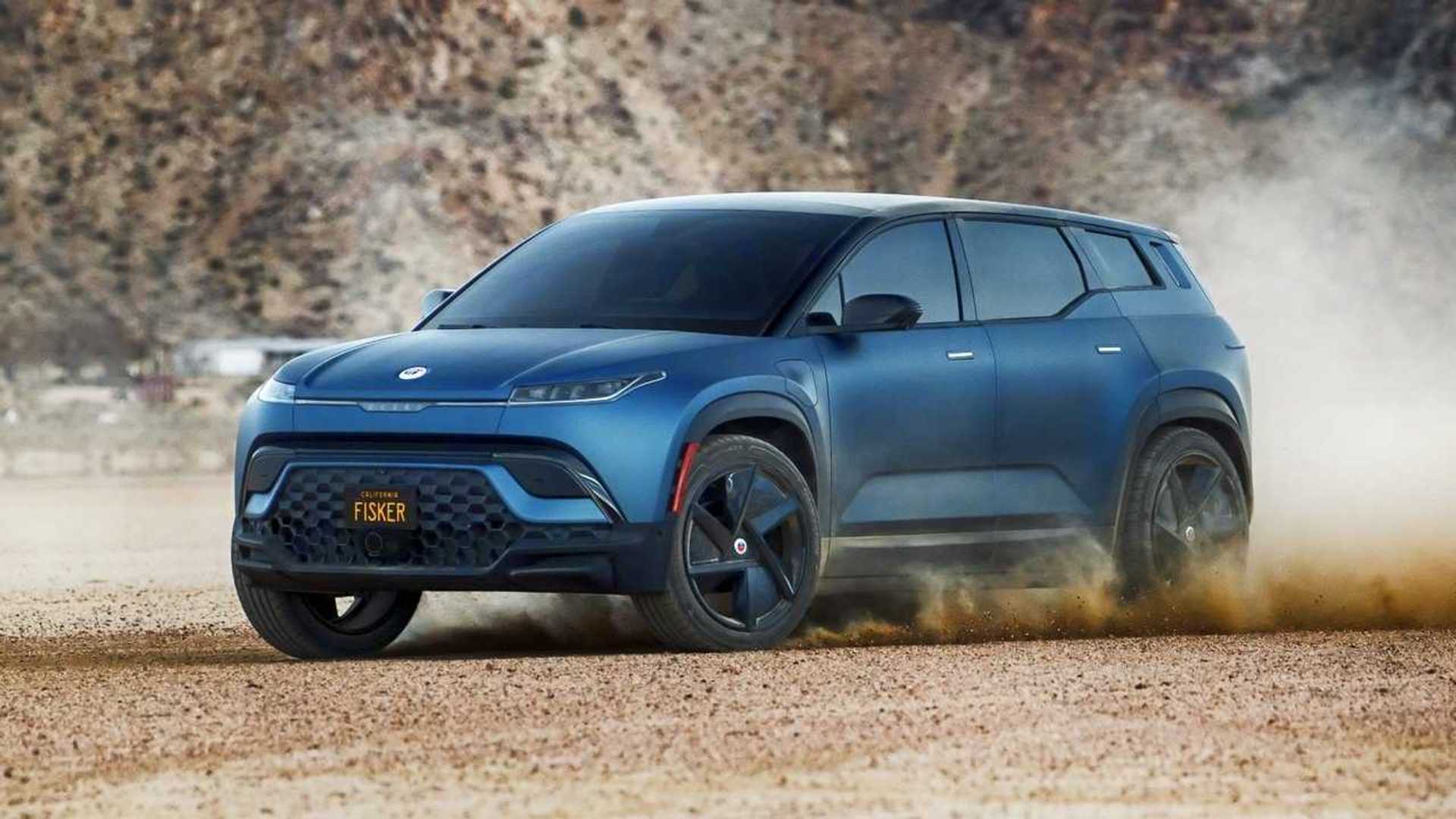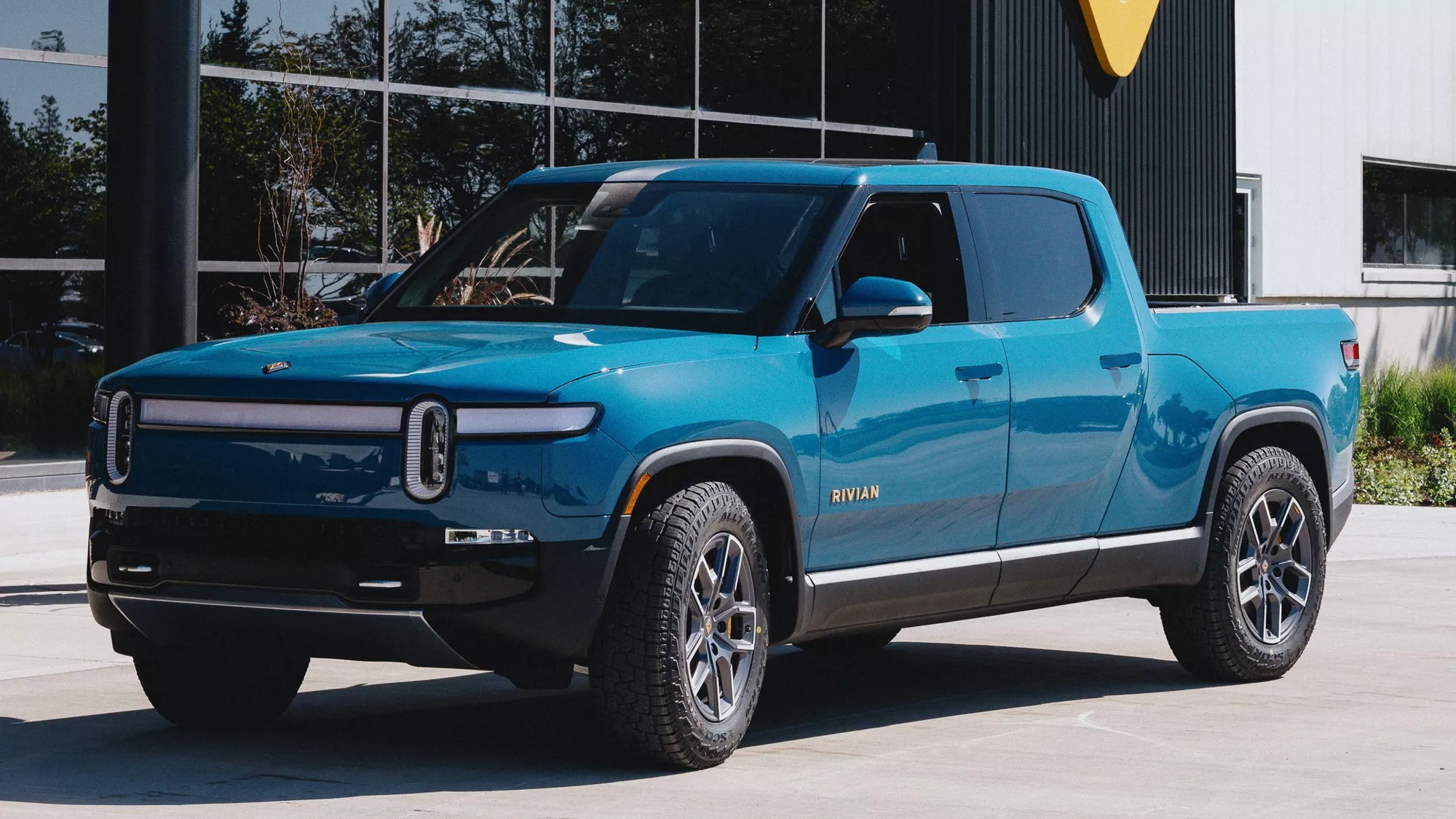With demand for electric vehicles surging and used prices getting pushed sky high, some may think that the idea of a sub-20,000 dollar EV with more than 70 miles of range is just a fever dream. However, one Reddit user posted their experience buying and using a first-gen Nissan Leaf that gets more than double the vehicle’s original 70 miles of claimed range.
The silver 2013 Nissan Leaf posted by user sctbke is a sleeper for sure, but an affordable one. The Reddit user writes in their post that, when faced with buying a new vehicle, they came across a shop in Portland Oregon called EV Rides that would take older Nissan Leafs and retrofit them with batteries from newer models.
The company offers an assortment of battery options: the original 24 kWh battery, a 30 kWh/40 kWh/ pack, or even a 62 kWh battery. This, claims the site, allows the first-gen Leaf to achieve a range of up to 230 miles per charge. Yet even the more modest upgrades allow the Leaf to either get 90-100 miles of range from the 30 kWh battery pack, or 150-160 miles with the 40 kWh battery. The Redditor opted for the 40 kWh upgrade.
In the post, sctbke says that they get roughly 110 miles of range on the highway or 160 miles of range in town. Further, they love that they can use 50 kW fast charging systems. And because their workplace has solar charging available, the vehicle essentially charges for free. From their four months of ownership, they claim that they have already saved over $1000 in gas, and the vehicle is set to pay for itself in saved gas costs in roughly 2 years.
The saved gas money was only one of the many reasons they went for the vehicle. They cited a couple of other main motivators that led them to their decision. First off, unlike many other states, Oregon offers a $5000 rebate on electric vehicles (new, used, or converted) for lower-income individuals.
On top of that, the Oregon and the Portland areas already have great access to charging infrastructure; including CHADEMO, which the Leaf still uses. They were also relieved to find out that the newer Leaf’s battery doesn’t deteriorate at the same rate as the older first-generation batteries, allowing for longer terms of ownership. The environmental benefits were the cherry on top.
EV owner said “I’m a big advocate for trying to get lower-income people into EVs because they can save so much money, and that’s what worked for me with this car. It took some creativity, but it became a very affordable option.” Specifically, EV drivers can benefit from less maintenance, reduced or (in this case) eliminated fuel costs, while participating in maintaining the environment.
Ever since buying it, they cited multiple quality of life benefits over their gas-powered SUV. Not only were they saving gas, but despite not having at-home charging, they only need to charge roughly 2 times a week. The vehicle has also served as a worthy companion on 3 road trips that were over 300 miles each.
While they acknowledge that the 30-45 minutes of charging required almost every 100 miles on the highway isn’t great, they plan their trip around stops in the different areas where they will charge; getting around either on foot or by bike while the Leaf replenishes its batteries. They note only one other detriment; after 300 miles, the battery often gets too hot, requiring them to stop to let it cool.
The user even notes that they were able to drive the vehicle on a 615-mile road trip down the Pacific coast without issue! The charging time and periodic ~110-mile stops simply added character to the adventure. The pictures in the post show that the Leaf has even made its way into the mountains. The small, affordable, second-hand battery-electric car has been taken everywhere from mountain biking trails to hiking and camping (yes, inside the car!) areas.
Overall, EV Rides is offering a great service by making useable electric vehicles available to a wider audience than traditional manufacturers are willing or are able to. This can be a signal that the demand for lower-cost options is there, and many would benefit from their implementation.







